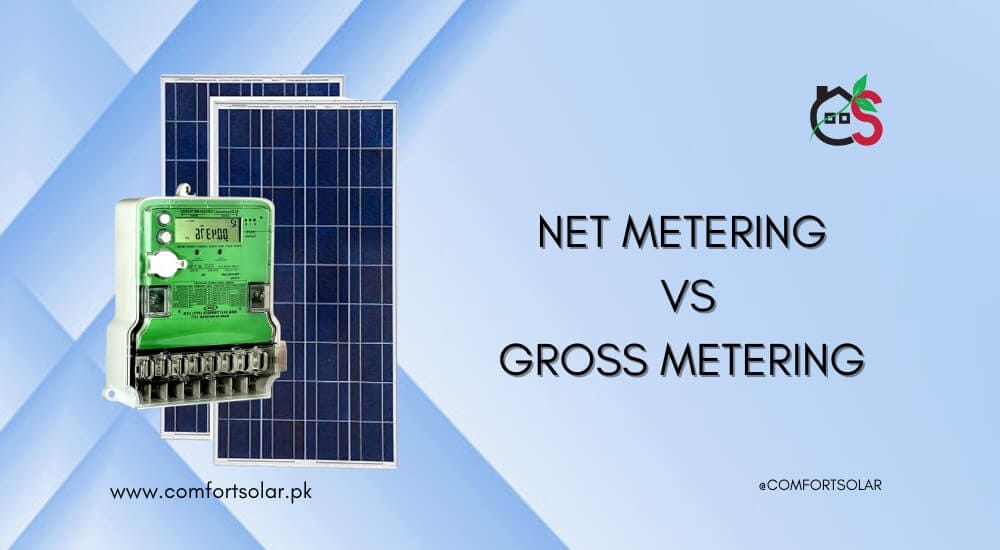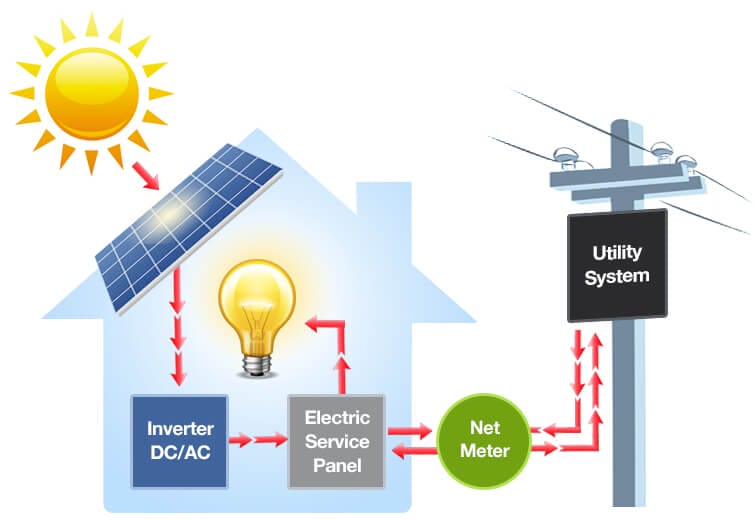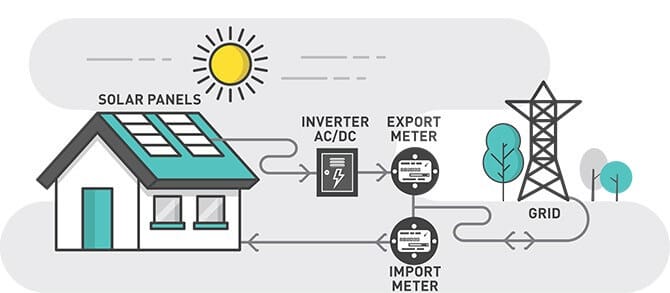
- 0316 622 5526
- Comfort Solutions Pvt Limited
Account

Over the past decade, net metering has been a game-changer for Pakistan’s solar industry. It allowed homeowners and businesses to offset their electricity bills by exporting excess solar energy to the grid — making solar investments highly attractive.
But now, the renewable energy sector is abuzz with news: the government is considering shifting from net metering to gross metering.
This potential change has left solar users, investors, and installers asking the big question:
What will this mean for us?
Net metering is a billing arrangement where solar panel owners use the electricity they generate and export the surplus to the national grid.
Key Benefits of Net Metering:
Faster ROI – Payback in just 3–5 years.
Lower Monthly Bills – Grid usage is offset by exported solar units.
Financial Incentive – Excess electricity earns you credit at the same retail tariff you buy from the grid.


Gross metering takes a different approach:
All solar energy generated is sold directly to the grid at a fixed tariff.
You buy all your electricity separately from the grid at the consumer rate.

Key Difference:
In net metering, your system directly offsets your consumption. In gross metering, it doesn’t — you become purely an energy seller and buyer, with no direct link between your generation and your usage.
There are several factors driving this discussion:
Revenue Loss for DISCOs: As solar adoption grows, distribution companies collect less revenue from high-paying consumers.
Policy Pressure: IMF and NEPRA have urged reforms to protect grid revenue and reduce subsidies.
Equity Concerns: Net metering benefits solar users but may shift costs to non-solar consumers.
If implemented, gross metering could mean:
Longer Payback Periods: Extending from 3–5 years to 7–10 years.
Lower Savings: You sell power at a lower rate but buy electricity at a higher retail tariff.
Reduced Appeal: Middle-class households may find solar less financially viable.
Install Before Policy Changes: Existing net-metering customers are likely to be grandfathered under old rules.
Act Quickly: Submitting your net metering application now could secure current benefits.
Go Hybrid: Consider systems with battery backup to store excess energy and reduce grid dependency.
As solar professionals, we believe:
A sudden shift to gross metering could slow Pakistan’s renewable energy progress.
A balanced approach like time-of-use net metering could protect grid revenues while still incentivizing clean energy adoption.
Pakistan still needs strong renewable incentives to meet climate and energy security goals.
Avoid the risk of reduced returns — contact Comfort Solar today for a free consultation and installation plan before the changes take effect.
WhatsApp us